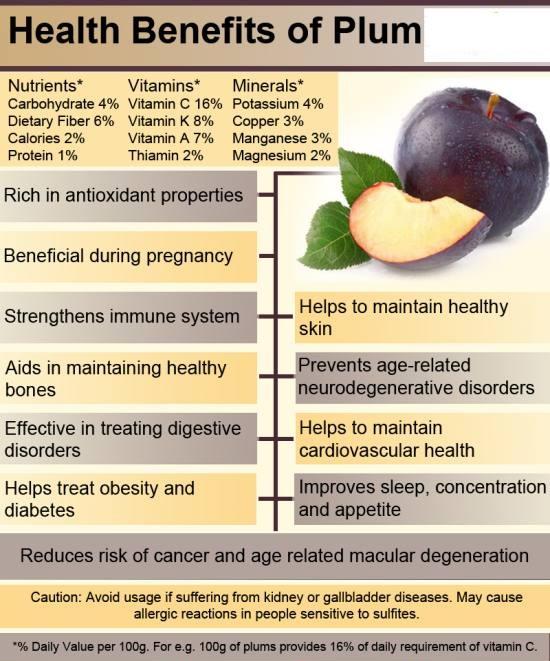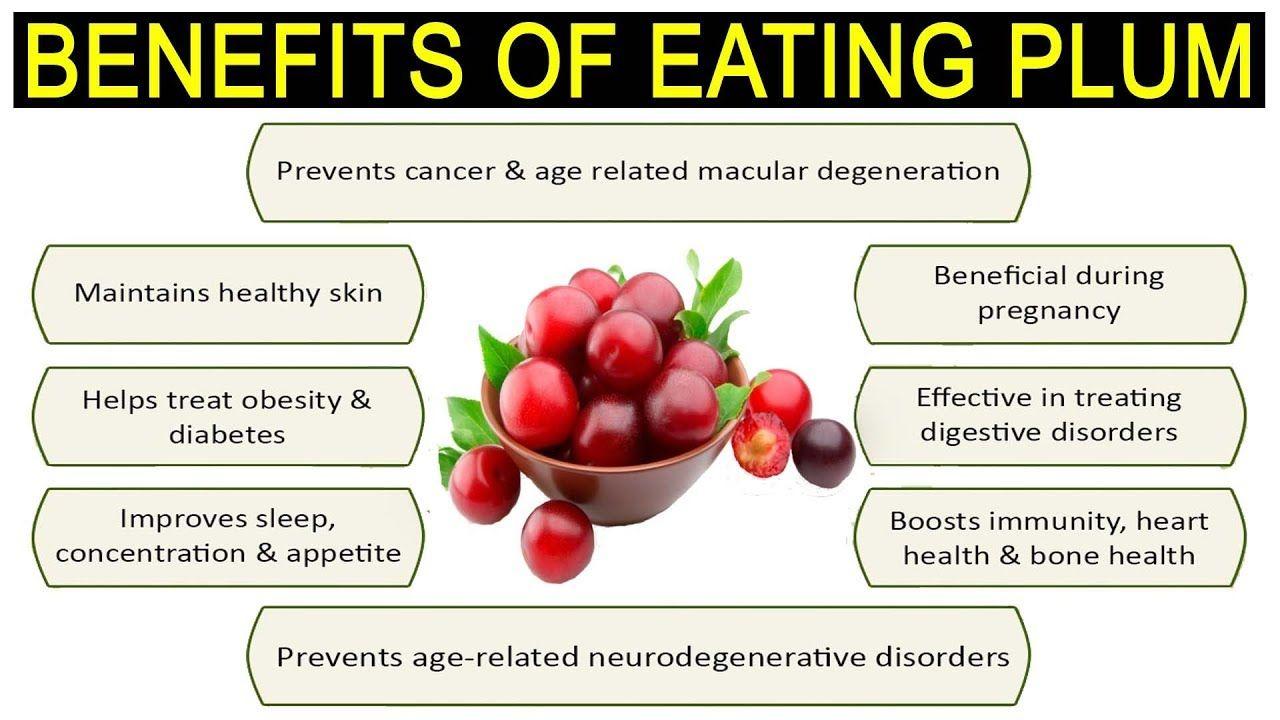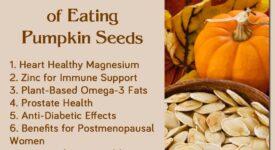Plums are a type of stone fruit that comes in various colors and sizes. They belong to the peach, apricot and nectarines families.
These fruits and vegetables contain high amounts of antioxidants and other phytonutrients which may reduce the risk of chronic illnesses. Furthermore, they aid digestion, heart health and bone strength by strengthening connective tissues.
Antioxidants
Plums are packed with antioxidants that protect cells from free radical damage. These include vitamin C, phytonutrients (lutein, cryptoxanthin and zeaxanthin) and chlorogenic acid.

Antioxidants offer vital protection to the body against diseases like heart disease, cancer and diabetes. Furthermore, they aid in healing injuries, lower blood pressure and maintain a healthy immune system.
One study demonstrated that eating a small number of plums daily may help regulate blood sugar and reduce the risk of type 2 diabetes. Furthermore, polyphenols found in plums may improve overall health by decreasing inflammation and shielding cells from damage.
Plums also contain antioxidants which benefit your eyes, aiding in maintaining eye health and avoiding age-related problems like cataracts. Furthermore, plums offer protection to teeth and gums by keeping them strong and healthy.
Minerals
Plums are an excellent source of potassium, which has been known to reduce high blood pressure and the risk of stroke. Furthermore, their antioxidant content helps your body fight free radicals that could potentially harm arteries and the heart.

These nutritious little treats are packed with phosphorus and magnesium for healthy bones and teeth. Plus, they supply vitamins A, C and K which can boost your immunity.
Additionally, nuts contain dietary fiber – an essential nutrient for controlling digestion. This can help prevent constipation and flatulence, two common digestive disorders.
Plums can be enjoyed fresh, dried as prunes or made into pies and jams. No matter whether you eat them raw or cooked, plums are an ideal choice for health as they’re low in calories and free from fat or cholesterol.

Vitamins
Plums are an excellent source of vitamins and minerals. They’re particularly high in vitamin C, which supports your immune system, keeps eyes healthy, and may reduce the risk of certain age-related illnesses like cancer.
Potassium in plums also helps lower your blood pressure in two ways: it rids sodium through urination and relaxes tension on blood vessel walls. This is one of the key plum benefits since those with high blood pressure are more prone to getting a stroke.
Plums are an excellent source of niacin, a B-complex vitamin that aids in the body’s metabolism of carbohydrates, protein and fats. Furthermore, they’re packed full of vitamin K which plays a major role in many clotting factors and bone metabolism.
Fiber
Plums are an excellent source of dietary fiber, which may reduce the risk of chronic diseases like heart disease and type 2 diabetes. Furthermore, plums have long been known for their ability to support a healthy digestive tract.
They’re also high in potassium, which can help lower blood pressure. This mineral aids your body in eliminating sodium when you excrete it and relaxes tension within blood vessel walls.
Calcium may even prevent the calcification of your arteries, which is one of the primary causes of heart attacks. Furthermore, it helps your body absorb calcium – essential for healthy bone density – which promotes cardiovascular health.
Pomace from plum juice processing is an invaluable health-promoting ingredient, as it contains high amounts of dietary fiber and phenolic compounds (Das et al., 2011). Furthermore, it’s an excellent source of vitamin K as well as being loaded with antioxidants.








